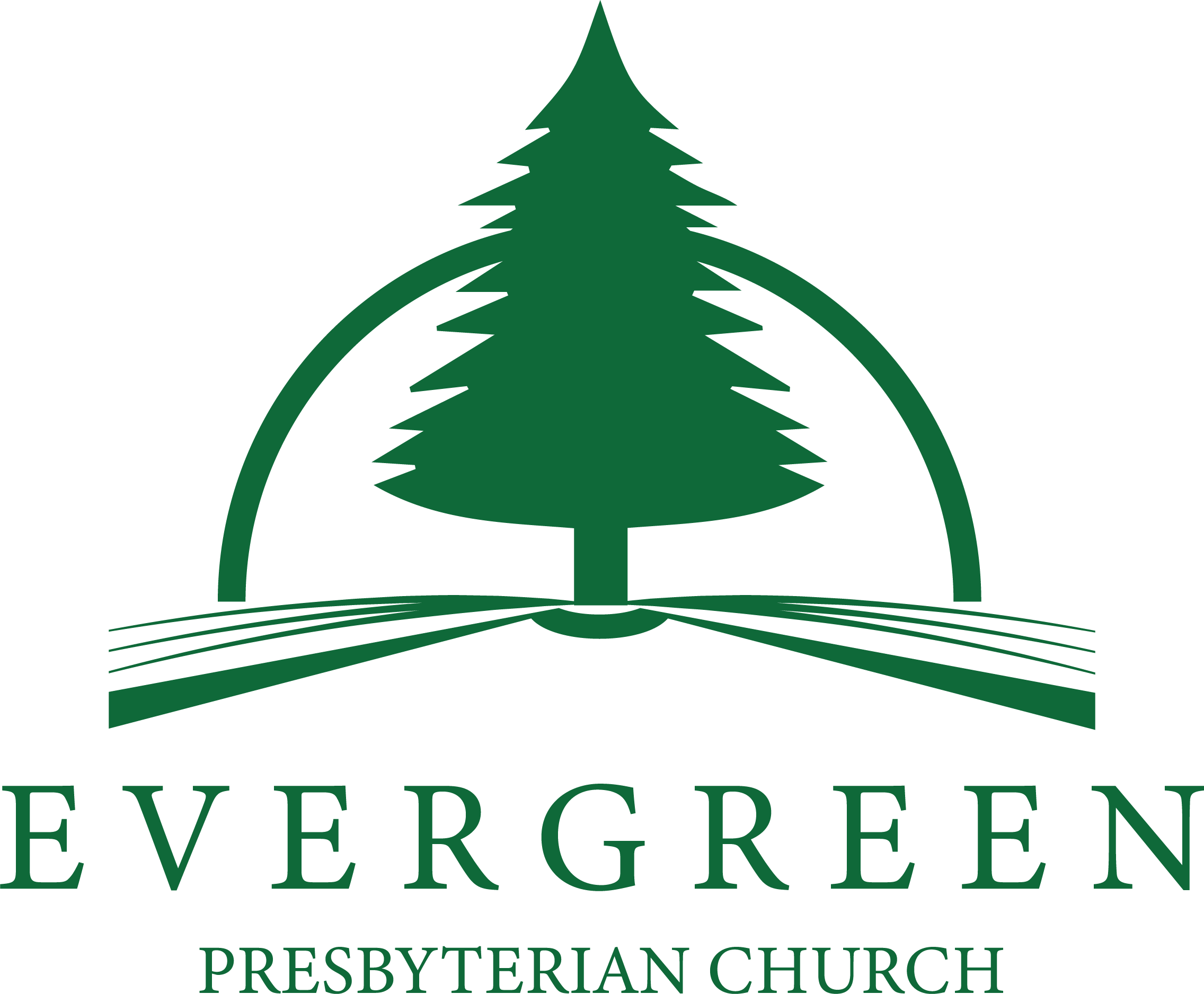Culture
1 - Beginner
Strange New World: How Thinkers and Activists Redefined Identity and Sparked the Sexual Revolution
Carl Trueman
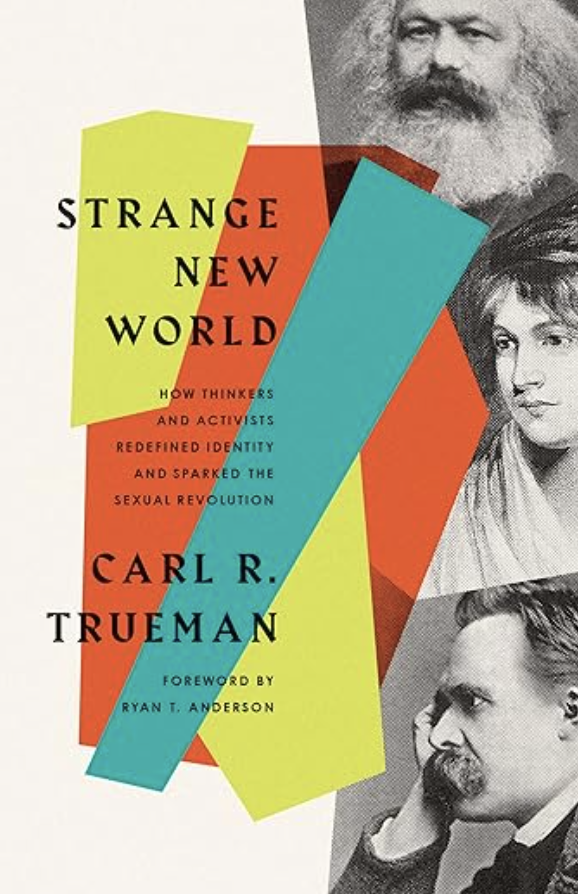
For those who are not prepared to digest the brilliant tome that is Rise and Triumph of the Modern Self, this is a distilled version of the same book. If you want to understand the individualistic cultural moment we live in, this book is indispensable. However, this book is very much a summary of the larger work, and lacks much of the argumentation. I think that if a reader merely wanted the distillation of Rise and Triumph, this is adequate. If someone needs persuaded of the arguments, they most go tot he larger work.
1 - Beginner
The Air We Breathe: How We All Came to Believe in Freedom, Kindness, Progress, and Equality
Glen Scrivener
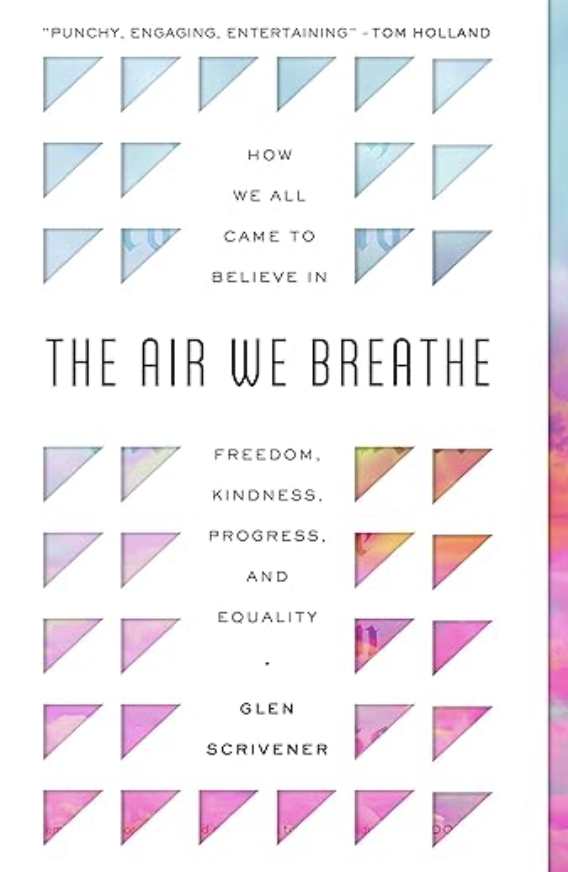
In some ways, Glen Scrivener is making a modified and simpler version of the argument Tom Holland is making in the next book listed, Dominion. Scrivener writes for both believers and skeptics, seeking to show that classical liberal values like human equality and freedom are Christian in origin, and that Christianity has so permeated western society that we scarcely even realize it.
2 - Intermediate
Dominion: The Making of the Western Mind
Tom Holland
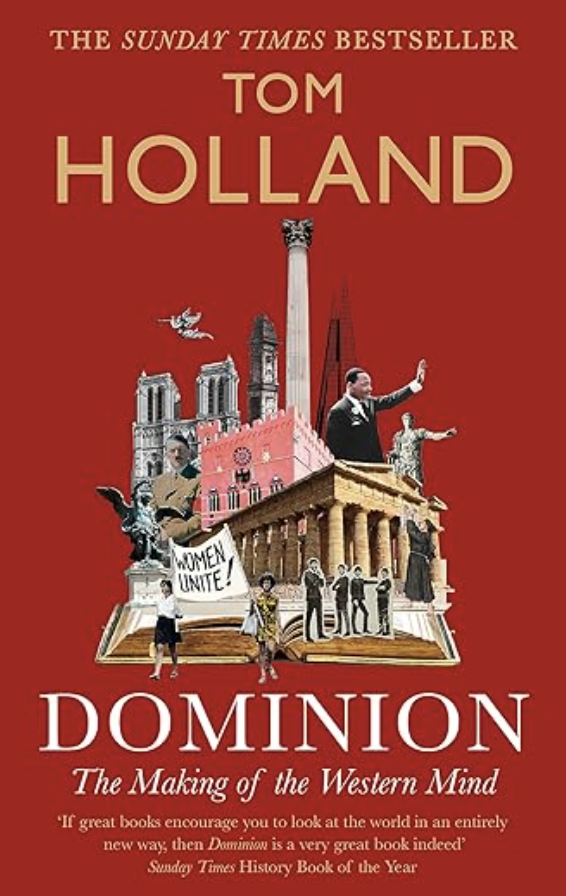
Tom Holland’s book Dominion is probably one of the most important books written in the last ten years. Even if the book itself is not read widely, his arguments are now in wide circulation and are subject of much debate and conversation. What is Holland’s argument? That ancient peoples such as the Romans were a people absolutely foreign to moderns in a way that only the spread and infiltration of Christianity can actually account for. Given premodern beliefs, and the worldview of Romans, beliefs in things such as human equality and rights simply would not have arisen. Holland laboriously documents this historically. When Tom Holland wrote this book, he did not identify as a Christian, but seemed to be more of an agnostic skeptic of Christianity. He has since become a member of an Anglican church in London, and I am excited to see what the Lord might do in his life.
3 - Advanced
The Rise and Triumph of the Modern Self
Carl Trueman
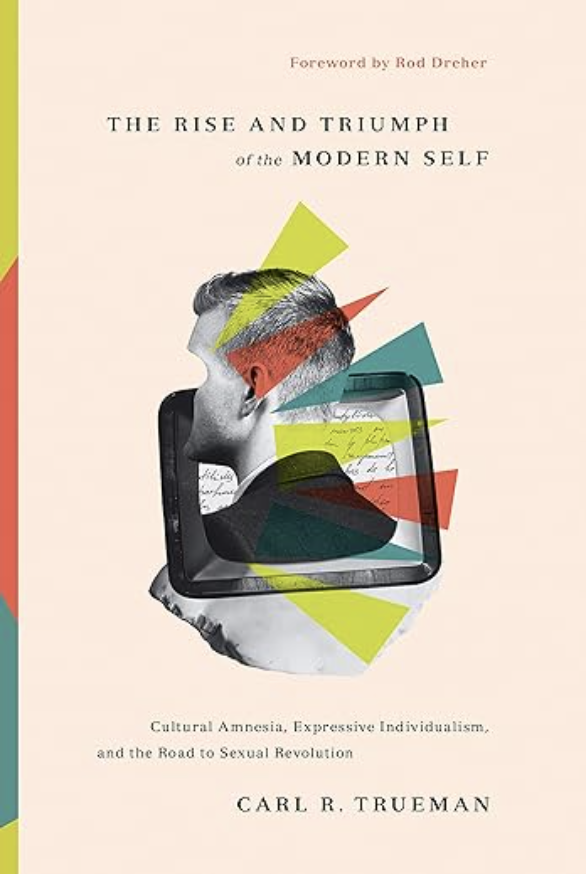
If Dominion is the most important book written in the last ten years, this one is a close second. In Rise and Triumph of the Modern Self, Carl Trueman narrates the rise of the self-created and identified self. Instead of living in a world where human beings have a givenness, Truman asks, how did we get to the point where a man could say, “I am a woman trapped in a man’s body,” and people would find that statement comprehensible? Trueman tells that story in this book. It is important, if the reader is up for the legwork involved.
3 - Advanced
Biblical Critical Theory: How the Bible’s Unfolding Story Makes Sense of Modern Life and Culture
Christopher Watkin
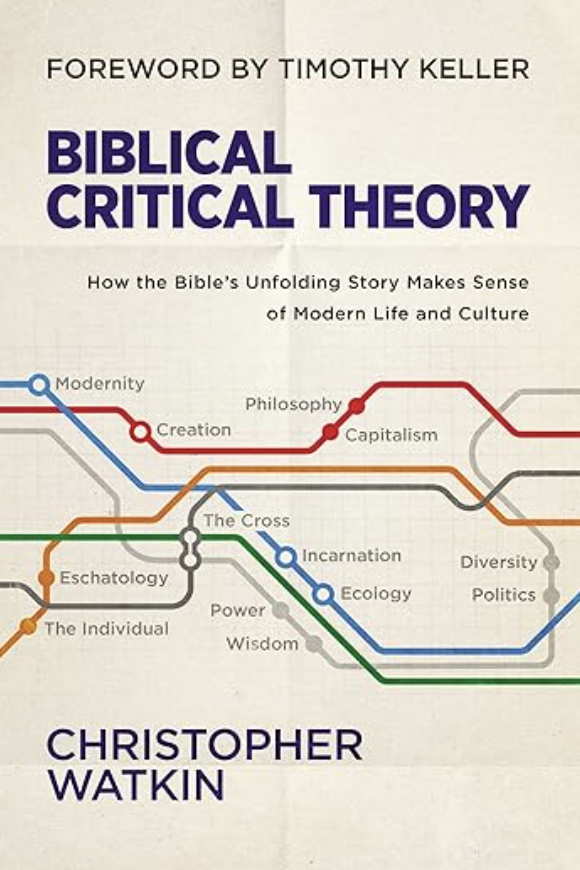
This is a far-reaching book that takes the storyline of Scripture and invites the reader to see how God’s word offers contrasting perspectives to how the world views different issues. Drawing from many contemporary sources, Watkin’s book is massive in its scale, and I continue to digest and benefit from it.
3 - Advanced
The City of God
Saint Augustine
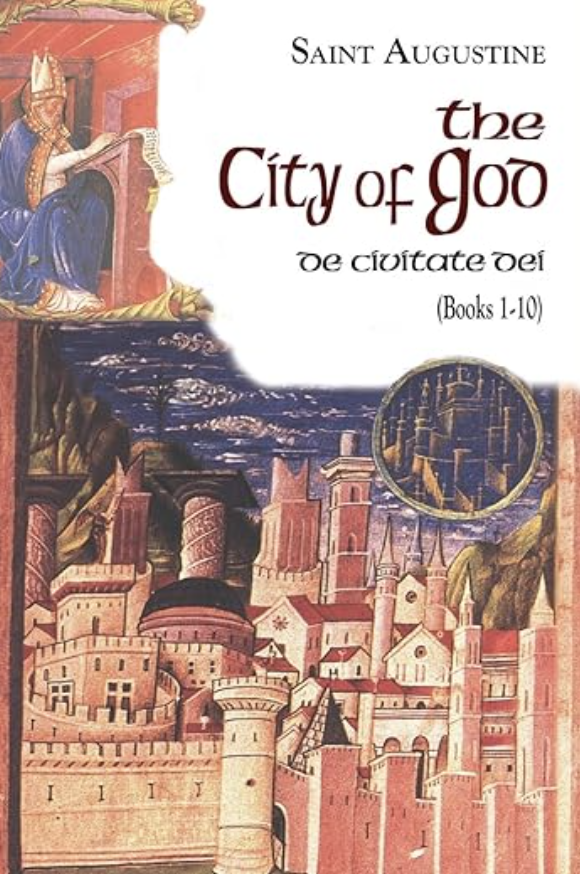
What a difference a really good translation can make! Years ago I tried to read The City of God and greatly struggled with it. I found it difficult to get into, and also the text of my copy was very small and hard to read. This newer version translated by William Babcock has made a big difference. Why read The City of God in the 21st century? I would argue that Augustine relates to us in a powerful way: he lived in a multicultural society when many ideas were being bandied about in the marketplace. In Augustine’s case, not only were pagans blaming Christianity for the fall of Rome, but they were also arguing for the return of their own gods. Augustine is readable and relatable in this book, and he should be read by more people.
